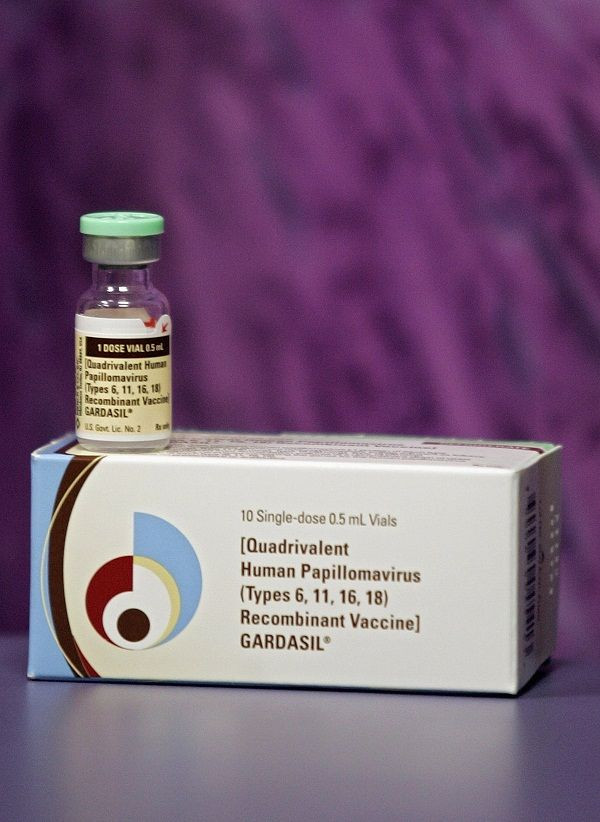HPV Vaccine Does Not Trigger Autoimmune Conditions, Study Finds

The Gardasil human papillomavirus (HPV) vaccine does not trigger autoimmune conditions in young women such as lupus, rheumatoid arthritis, type 1 diabetes or multiple sclerosis, according to a new study.
The study by Kaiser Permanente researchers was funded by Merck & Co., the manufacturer of Gardasil.
"This kind of safety information may help parents with vaccination decisions," said the study’s lead author Chun Chao, PhD, a research scientist at the Kaiser Permanente Department of Research & Evaluation in Pasadena, Calif.
"These findings offer some assurance that among a large and generalizable female population, no safety signal for autoimmune conditions was found following HPV4 vaccination in routine clinical use."
In the study, Kaiser Permanente researchers using electronic health records tracked 189,629 females aged 9 to 26 years old in California for 6 months after receiving each dose of the quadrivalent HPV vaccine in 2006-2008. They found “no increase in 16 pre-specified autoimmune conditions in the vaccinated population compared to a matched group of unvaccinated girls and women.”
HPV Background
HPV is the most common sexually transmitted disease in the United States. At least 50 percent of sexually active people will have genital HPV at some time in their lives, according to the Centers for Disease Control and Prevention.
There are more than 40 different types of HPV and some forms of HPV can trigger cancers. but many people who are sexually active fail to get the Gardasil vaccine because of the previous belief that it triggered autoimmune conditions.
The HPV vaccine was licensed by the U.S. Food and Drug Administration in 2006 and recommended for young women and girls to protect against genital warts, which infect 6.2 million people annually. The disease can lead to cervical cancer in women.
Published by Medicaldaily.com



























